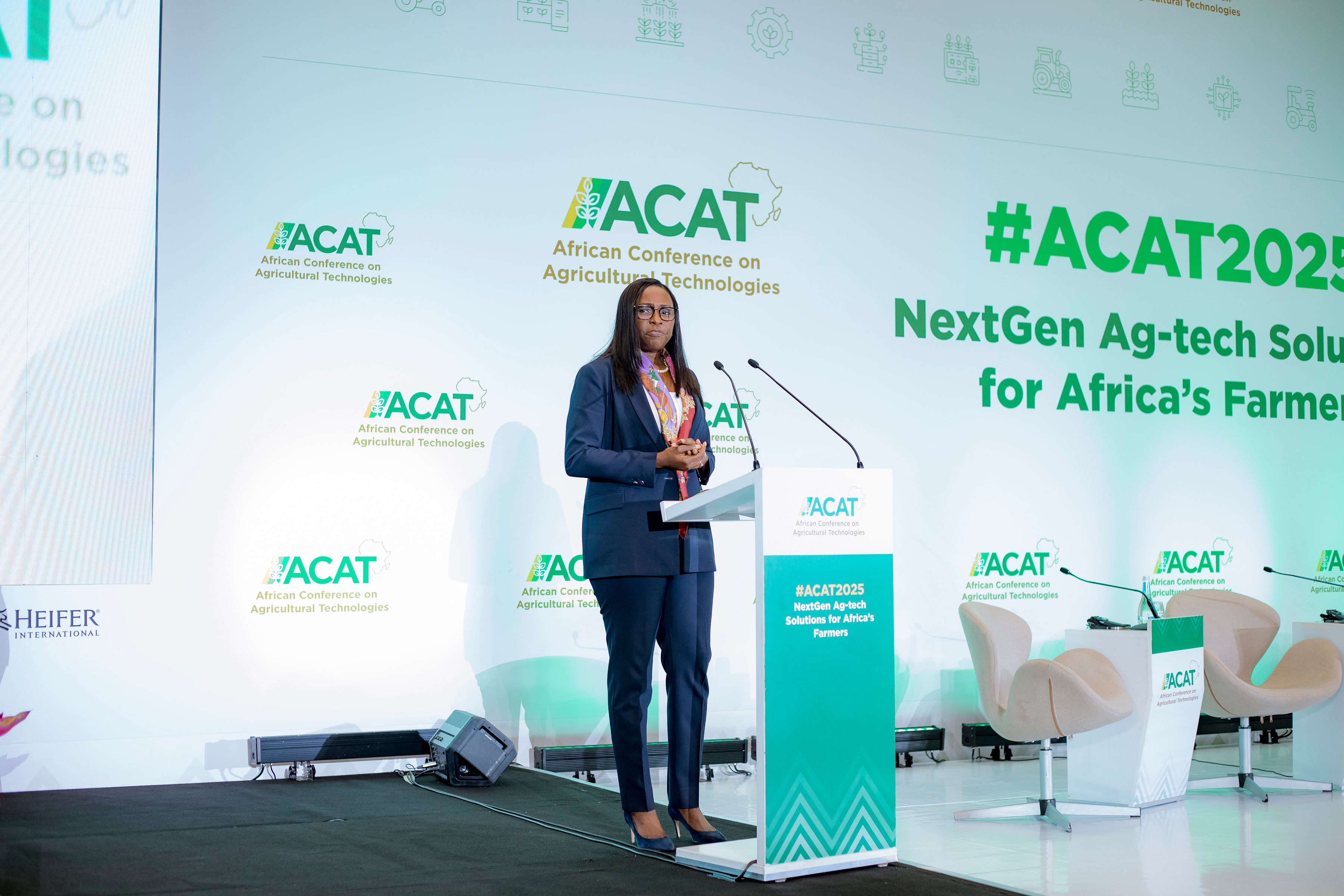
Young people should be empowered in agriculture, experts have said, in a bid to create the next generation of agricultural leaders and strengthen food security across the continent.
Bayer head of public affairs, science and sustainability Mildred Pita said empowering young people is important, as they are not only tech-savvy but also innovative.
"Fifty-eight per cent of our smallholder farmers are over the age of 50. However, we are seeing young people coming through new innovations in the value chain,” Pita said.
She was speaking at Kigali Convention Centre during the ongoing African Conference on Agriculture Technologies (ACAT2025) that kicked off on June 9, under the theme ‘NextGen Ag-tech solutions for Africa’s farmers’.
The conference is hosted by the African Agricultural Technology Foundation (AATF) in partnership with the government of Rwanda.
It is the continent’s premier platform for advancing agricultural technology transfer.
African leaders, innovators, policymakers, researchers, farmers and industry experts are meeting to explore cutting-edge technologies, share best practices and foster collaboration for sustainable agricultural transformation across the continent.
Pita said while youth are instrumental in building apps that help farmers link to the market, more needs to be done.
“We still need more, because if you're looking at an average age of 50, 58, sometimes for farmers, production needs to be improved,” Pita said, adding that young people are impatient and want to see changes fast.
One of the hindrances is that youth do not access land, meaning they do not access credit, Pita said, adding that governments have to be very deliberate.
“How do we ensure that we give them the capabilities and the tools that they need to be able to scale? You meet a lot of young people in, like, maybe the poultry business, as it's easier for them as they rent a place and put up a shed and chicken,” she said.
“We need to find the right tools to unleash and make agriculture profitable. It's about profitability. If I have to sell corn and then maybe there's subsidised corn that comes into the market and suddenly my pricing drops, it's never encouraging.”
She added that young people should be armed with knowledge and capabilities in today’s fast-evolving tech world.
During the conference, more than 100 youth pitched a number of agri-tech ideas. They included university innovators, early-stage agri-entrepreneurs and young aggregators transforming value chains.
In one of the sessions, experts raised concerns that despite the steady growth in technology, there has been little diffusion of actual products to their intended beneficiaries, especially farmers, entrepreneurs and consumers.
This is largely due to persistent bottlenecks that lead to a low return on the large investment in agricultural technology research and development, preventing these products from reaching the market and achieving their intended impact.
Experts reiterated that technology solutions being properly developed and deployed have the potential to curb hunger and malnutrition, as well as food importation.
AATF executive director, Dr Canisius Kanangire, said there is a need to ensure that young people in higher institutions of learning acquire hands-on experience.
Africa Food Systems Forum managing director Amath Sene said the continent has the potential to leverage its innovative spirit, particularly in financial technology such as M-Pesa, to empower farmers and improve the food system.



















